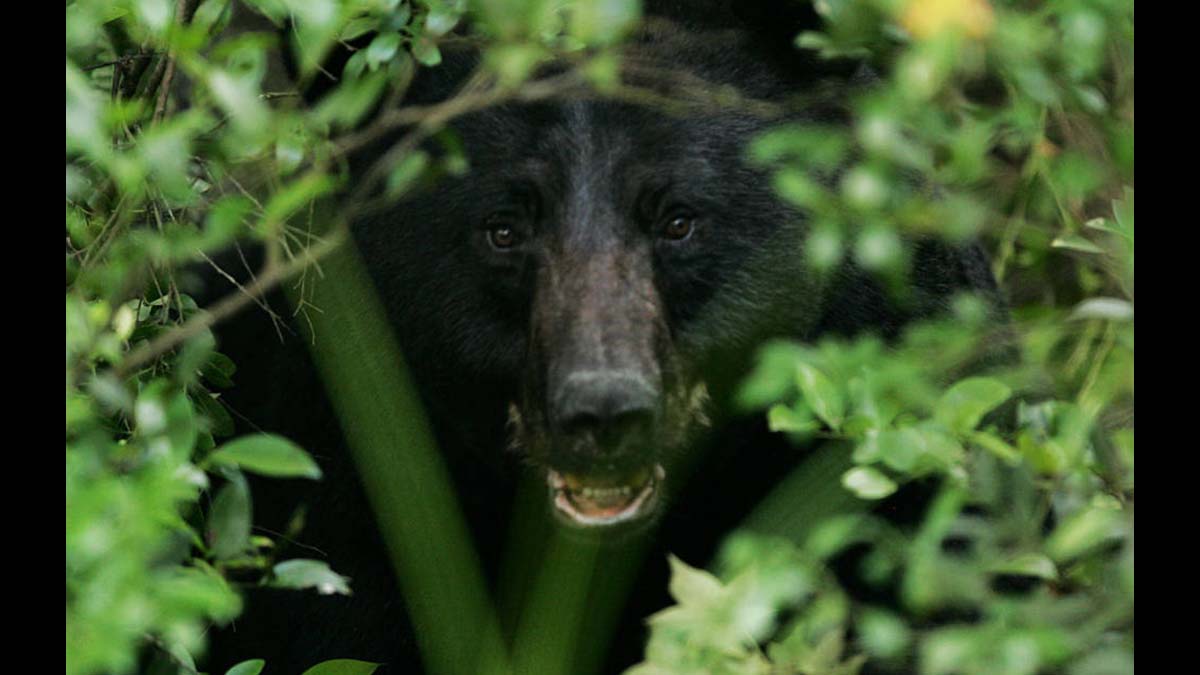Anti-Hunters Quash Proposed Connecticut Bear Hunting Season

A bid to launch Connecticut’s first-ever bear season has failed after state lawmakers stripped a proposal for an annual lottery hunt from a bear-control bill that advanced out of the General Assembly’s Environment Committee on March 24.
The defeat comes despite early signs of support for the bill, which would have made Connecticut the last northeastern state with a breeding population of black bears to allow a hunting season. About 1,000 people testified or submitted written comments during a March 10 hearing. Approximately 70 percent of the written testimony was in favor of the bill, which also had the backing of hunting groups such as Friends of Connecticut Sportsmen. But support for the legislation began to wane after hundreds of “wildlife and conservation advocates” wrote to members of the environment committee protesting the proposal, according to the Connecticut Insider.
If approved, the revised SB 1148 would allow the state to issue permits to landowners to kill bears that damage crops, livestock or bees. But the language that would have allowed the Connecticut Department of Energy and Environment (CTDEEP) to adopt an annual bear hunt lottery with a limit of 50 bears in the northwestern county of Litchfield was removed because committee leaders determined there wasn’t enough support to send the bill to Senate. “The votes were not there to pass a bear hunt,” Sen. Rick Lopes, committee co-chairman, said. “It would have failed.”
In addition to granting depredation permits to landowners, the bill also allows the killing of bears that are in danger of killing or injuring humans or pets and tightens restrictions on feeding bears, whether intentionally or unintentionally.
The defeat of the hunting measure comes despite strong support from Gov. Ned Lamont and CTDEEP Commissioner Katie Dykes. In a statement emailed to the Hartford Courant, CTDEEP Media Relations Manager Paul Copleman cited a recent study showing that conflicts between bears and people in general—and home invasions in particular—continued on a long-term upward trend last year.
“CTDEEP is concerned about the increase in both the severity and the number of human-bear conflicts,” Copleman wrote. “Our 2022 bear report clearly demonstrates that human-bear conflicts are becoming more severe—specifically, with 67 bear-home entries reported in 2022 (up from fewer than 10 in 2015), and two bear attacks reported. CTDEEP has been working hard on outreach and education but it’s not enough.”
Read Next: Washington State Fish and Game Commission Votes to Ban Spring Bear Hunting
The statement noted the department’s position that hunting—along with the feeding ban, the depredation permits, and the allowance for personal defense—has a place in bear control. Unfortunately, Connecticut lawmakers bowed to the pressure from anti-hunters, who say that would like the state to focus on non-lethal forms of bear conflict prevention.
The post Anti-Hunters Quash Proposed Connecticut Bear Hunting Season appeared first on Field & Stream.
Articles may contain affiliate links which enable us to share in the revenue of any purchases made.
